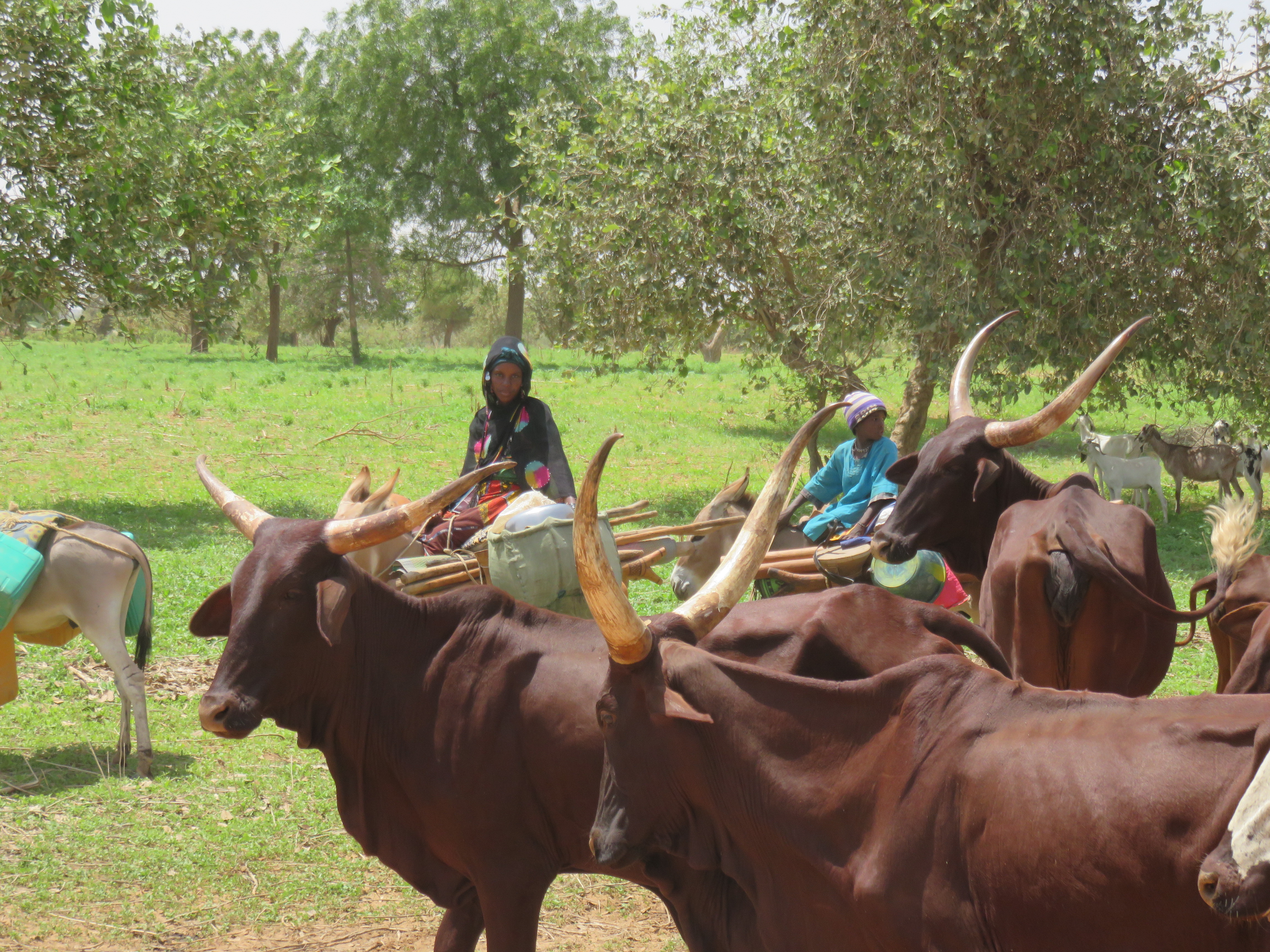Nutrition and Gender among Pastoralists in the Context of Climate Change
A project led by Sarah McKune
An innovative pastoral model
A research team under Niall Hanan at South Dakota State University worked to develop an innovative pastoral ecosystem model to predict how climate change and emerging land use patterns will change availability of key resources like water, fodder, and movement corridors that pastoralists depend on. The project team worked closely with local partner organizations and pastoral communities to ensure that research activities align with community needs and to prioritize the information herders need to make decisions about livestock management practices. By design, informed and/or improved livestock management practices should enhance food security, income and the sustainability of grazing practices, leaving communities better able to adapt to climate change.
The negative impact of climate change on the nutrition of livestock holders – particularly women – is well documented. Pathways include low crop/fodder production and consequent calorie deficiency; interaction of infection, catalyzed by changes in weather and climate, and malnutrition; and unfavorable exchanges at market after environmental shocks. In addition to the direct consequences of climate change on nutrition, poor nutritional status may play an important role in determining what livestock management practices are embraced and if/how they affect food security, income, or sustainable grazing practices. In other words, poor nutrition may alter the way that communities use information and what livestock management practices they embrace. Thus, an understanding of the nutritional situation of herders is an important component when attempting to improve their adaptive capacity to climate change and other environmental shocks.
From 2012-2015, Dr. Sarah McKune worked with the CCPRL team on the cross-cutting issues of gender and nutrition. She worked directly with project personnel and partners, including training of NGO partners in research methods for nutritional analysis and collaborating with staff and project partners to develop methodologies to explore gender and its impact on the broader research questions about adaptation to climate change. Dr. McKune worked closely with the Research for Development Specialist to analyze nutritional and gender related results and to design appropriate empowerment and nutrition related activities, where appropriate.
